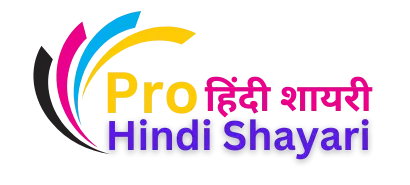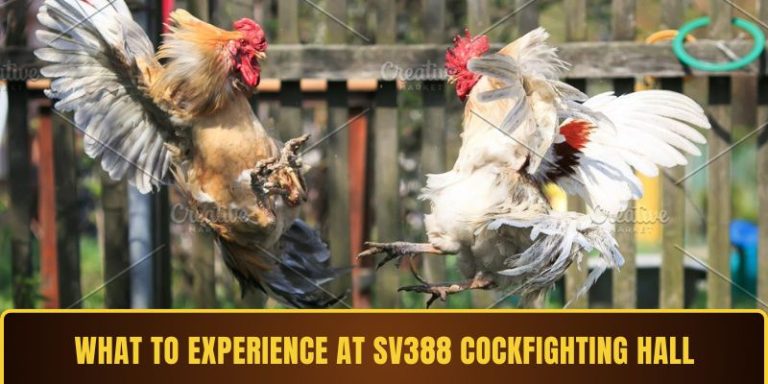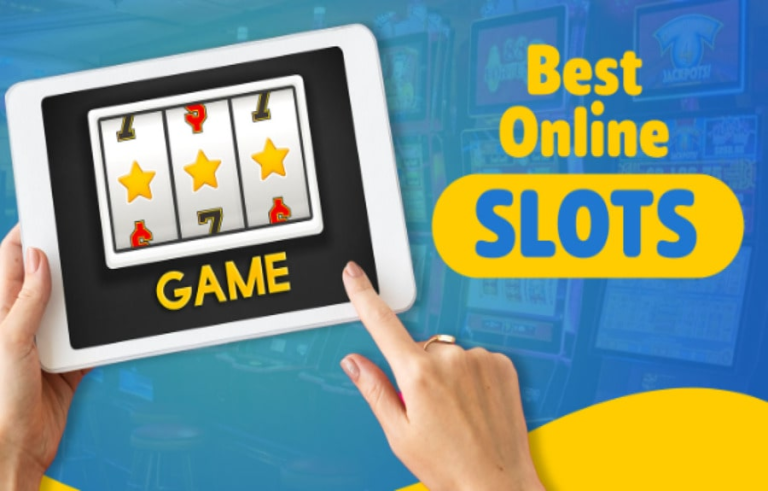Why Free Poker is the Best Way to Practice

Poker is a game of skill, strategy, and patience. While luck plays a role in the short term, true success in poker depends on the ability to read situations, make smart decisions, and manage risk effectively. For players who want to develop these skills without financial pressure, free poker offers the perfect training ground.
In this article, we’ll explain why free poker テキサスホールデム ルール is the best way to practice, how it benefits players of all levels, and how to maximize your learning experience.
What Makes Free Poker Valuable?
Free poker games use virtual chips instead of real money, making them completely risk-free. Yet, the rules, hand rankings, and betting structures are identical to real-money games. This allows you to practice in a realistic environment without worrying about losing your bankroll.
Key Benefits of Free Poker
- Risk-Free Learning
Free poker lets beginners explore the basics of the game without any financial consequences. - Unlimited Practice Opportunities
Most platforms provide free chips daily, giving players endless chances to play and learn. - Build Confidence
The more you play, the more comfortable you become with the flow of the game, betting patterns, and decision-making. - Strategic Experimentation
Advanced players can test new strategies—such as bluffing or varying bet sizes—without the fear of losing money. - Accessible Anytime, Anywhere
Free poker apps and websites are available 24/7, making it easy to practice whenever you want.
Why Free Poker Helps You Learn Faster
1. Focus on Skills, Not Money
When money is at stake, stress and pressure often cloud judgment. Free poker removes that barrier, allowing you to focus on improving your decision-making.
2. Practice Patience and Discipline
Many beginners struggle with playing too many hands. Free poker offers the chance to practice folding weak cards and waiting for strong ones—an essential skill in real poker.
3. Develop a Solid Foundation
Free games let you master the fundamentals: hand rankings, positions, betting rules, and tournament formats. Once these basics are second nature, you’re better prepared for higher-stakes play.
4. Observe Opponents
Even in free poker, players reveal habits and tendencies. Studying these patterns will sharpen your ability to “read” others, a skill that translates directly to real-money games.
Free Poker vs. Paid Poker for Practice
While real-money poker is more competitive, it’s not always the best place to start. Free poker offers:
- Zero Risk: No chance of financial loss.
- Stress-Free Environment: Easier to focus on learning rather than protecting your bankroll.
- Flexible Training: Play as much as you want without budget limits.
Once you’ve gained enough confidence and consistency in free games, you can gradually move to low-stakes real-money poker to test your skills under pressure.
How to Make the Most of Free Poker Practice
- Treat every game seriously, as if real money were at stake.
- Set learning goals for each session (e.g., practice bluffing, or focus on position play).
- Track your progress and identify mistakes to avoid repeating them.
- Mix up the formats—try Texas Hold’em, Omaha, or Sit & Go tournaments to broaden your experience.
Final Thoughts
If you want to improve your poker skills without risk, free poker is the best way to practice. It gives beginners a safe environment to learn and allows advanced players to refine their strategies. By treating free poker games seriously, you’ll develop the confidence, discipline, and decision-making skills needed to succeed at real-money tables.
Start today, play consistently, and watch your skills grow with every hand. Free poker isn’t just a game—it’s your personal training ground for becoming a stronger poker player.






